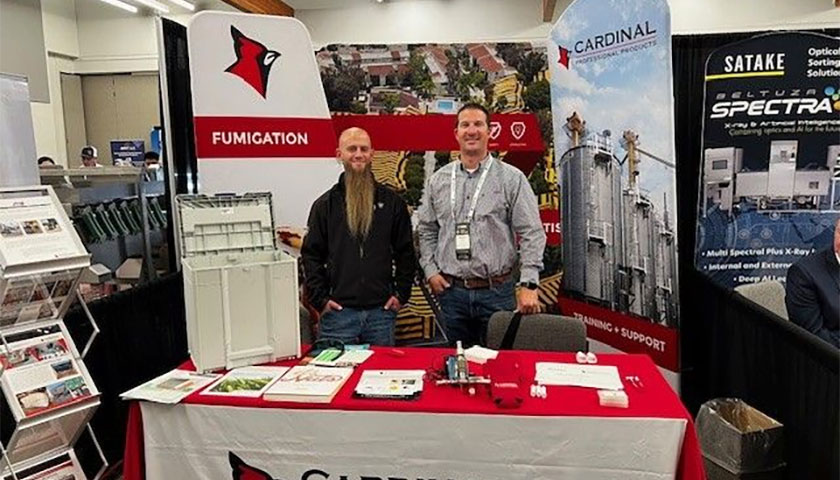Nuts

Our team at Landmark Irrigation is trenching and installing a district pipeline for a walnut orchard in Woodville, CA. This is a critical step in ensuring reliable water delivery and supporting efficient irrigation management throughout the orchard.


Walnut Project | Woodville, CA
Our team at Landmark Irrigation is trenching and installing a district pipeline for a walnut orchard in Woodville, CA. This is a critical step in ensuring reliable water delivery and supporting efficient irrigation management throughout the orchard.
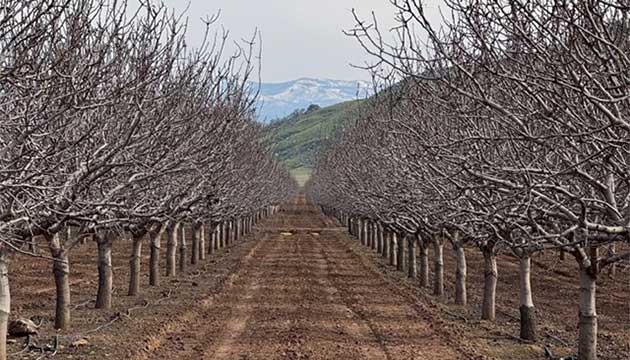
Pistachio Orchard Irrigation | Visalia, CA.
This pistachio orchard is equipped with a complete irrigation system designed and installed by the Landmark Irrigation team. Built with efficiency and reliability in mind, the system supports consistent water delivery and long-term orchard performance, while harnessing in-field monitoring. At Landmark Irrigation, we focus on providing tailored irrigation solutions that help growers manage water effectively while supporting healthy tree development.

Project Showcase | Kingman, Arizona
Landmark has received an incredible amount of interest in our recent project, so the are sharing another angle of this irrigation system installed for a pistachio operation in Kingman, AZ. This system was built to provide efficient water distribution and support strong tree development. Landmark Irrigation is committed to providing growers with reliable, long-lasting irrigation solutions that help drive healthier orchards and greater productivity.

The Almond Conference | December 10–12, 2025
TriCal Group has a booth with our partners TriCal Diagnostics, TriCal Inc., Landmark Irrigation and Cardinal Professional Products at The Almond Conference. From pre-planting to post-harvest, the TriCal Group provides complete solutions to support every stage of your growing process.

Healthy orchards start with healthy soil.
Healthy almond orchards start with healthy soil. TriCal Inc. provides professional soil fumigation services to help almond growers manage soil-borne diseases, improve root health, and set the stage for long-term productivity. Our team works with you to prepare your soil for success.

Don’t Wait, Get your Soil Ready for Success.
Before you plant your next orchard, schedule your almond soil treatment with TriCal, Inc. Soil health is the key to a strong start and long-term productivity. Our proven treatments help protect against pests and soil-borne diseases, creating the ideal environment for healthy roots, resilient trees, and higher yields.

Cardinal at the Almond Alliance in Modesto
Cardinal Pro Porducts had a fun night with our friends at the Almond Alliance in Modesto last evening. Thank you Alexi Rodriguez and team for your great leadership and congratulations to Assemblywoman Alexandra Macedo for winning the 2025 Almond Champion of the Year! We appreciate the partnership!

Healthy Soil Builds Healthy Trees
Preparing healthy soil is the first step toward a productive almond orchard. This field in Ripon, CA, was soil fumigated by TriCal Inc. to help manage soil-borne diseases and create the best environment for strong root development and long-term orchard success. Healthy soil builds healthy trees, and it all starts here.

Orchard Replant Guide
Orchard growers know that TELONE™ by Teleos tackles two big challenges at once: nematode pressure and Prunus replant disease. It's important to to target nematodes before they have a chance to be a problem. TELONE™ targets nematodes where they live—so young trees can establish without early-season setbacks.

Precision Irrigation in Almond Orchards
This almond orchard features a custom-designed irrigation system by Landmark Irrigation. The system is built for uniform water distribution, water savings, and optimized plant health and allows water to be applied at ideal times of day, reducing evaporation, cutting labor costs, and maximizing efficiency.

Great turnout at the 2025 Fumigation Summit
Cardinal Professional Products had a great day at the 2025 Fumigation Summit presented by Western Tree Nut Association. Great turnout! Great speakers! And, great interaction during this year’s breakout sessions. Thank you to all who attended and sponsored!

Landmark Irrigation Supports Healthy Pecan Trees
Landmark Irrigation is currently helping pecan growers get the irrigation they need. At Landmark Irrigation, we design and install systems that support healthy trees and strong harvests. P\ Landmark is proud to be part of growing success stories, one project at a time.

Efficient Irrigation is Crucial in Almond Orchards.
Efficient irrigation is crucial in almond orchards. It ensures trees get the water they need when they need it—promoting healthy growth, strong yields, and long-term sustainability. Landmark Irrigation is proud to support growers with systems that deliver results while conserving water.

Proper Irrigation is Crucial for Pecan Orchards
Irrigation is crucial for pecan orchards, insuring optimal growth and high yields. Efficient water management enhances tree health, reduces stress, and improves quality. TriEst Ag Group provides irrigation, automation, and fertilizers to maximize your orchard’s success.

GA Pecan Growers Association's Annual Conference & Tradeshow
Join TriEst Ag Group this week, from March 25-27, 2025, for the GA Pecan Growers Association's Annual Conference & Tradeshow in Perry, GA! TriEst is excited to be both exhibitors and sponsors at this fantastic event. Don’t miss the chance to learn about the latest in pecan production management.

Landmark Irrigation Prepares for Pecan Project
Exciting developments are underway at Landmark Irrigation! Our team is currently staging PVC pipe in preparation for a 200-acre pecan project near Woodland, California. This initiative exemplifies Landmark's commitment to delivering top-tier irrigation solutions for our clients.
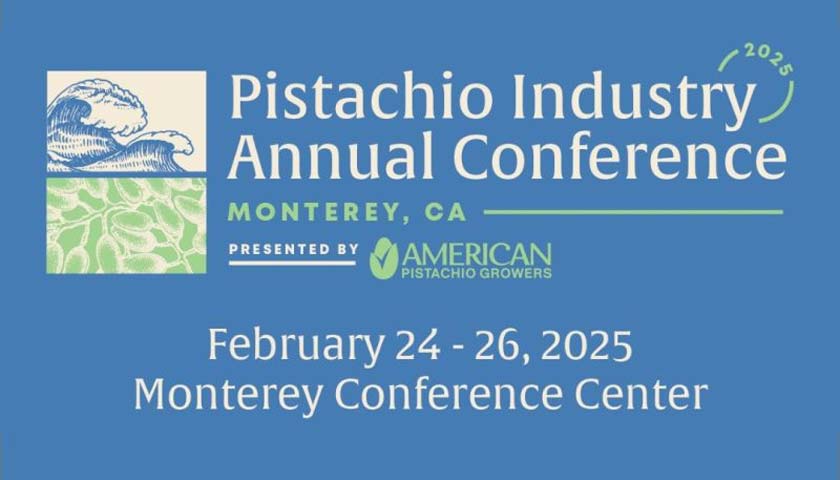
Trical attends Pistachio Conference in Monterey, CA
TriCal Group’s affiliated companies are attending the Pistachio Industry Annual Conference in the Monterey Conference Center. Trical would enjoy connecting with you to discuss your soil's health and optimize your irrigation systems to help your pistachio crops thrive.

Cardinal Attends California Walnut Conference
William Woodhouse, ACE, PHE and Holly Hannigan are spending the day at the California Walnut Conference in Yuba City! They are staffing booth 81 to offer information about IGI Co2, fumigation options, regulatory support and safety supplies!

Teleos Ag Posts "Managing Replant Problem & Nematodes" PDF
With the year coming to a close, now's the time to start thinking about your orchard replant! Before you get started, be sure to check out our "Managing Replant Problem & Nematodes" PDF, available for download on the link below

Rooted Together - The Almond Conference
TriCal Group is excited to share that our four companies, TriCal Inc., TriCal Diagnostics, Landmark Irrigation, and Cardinal Professional Products will be exhibiting at Rooted Together The Almond Conference on December 10-12 in Sacramento, CA.
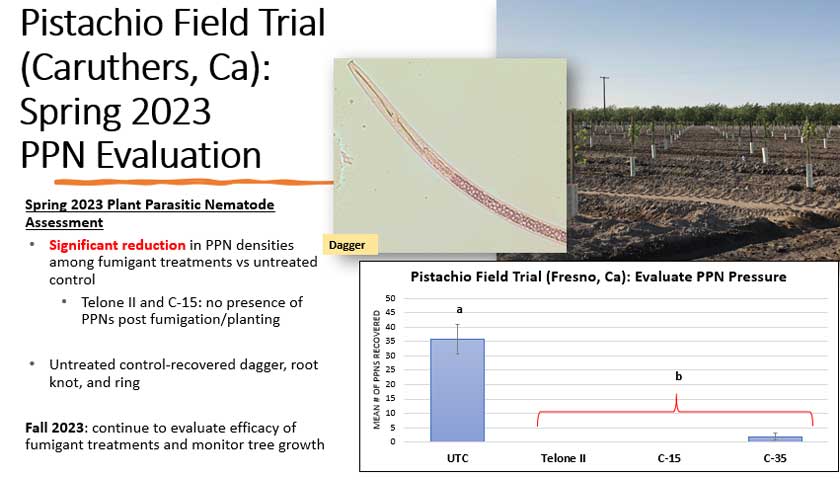
Pistachio Field Trials: Decreased Nematode Densities
This past Fall we established 2 multi-year field trials in California. Our main objective is to examine the benefits of TELONE™ and Chloropicrin providing early rootstock establishment, promoting early growth, and stronger root systems as we have documented in other crop markets.
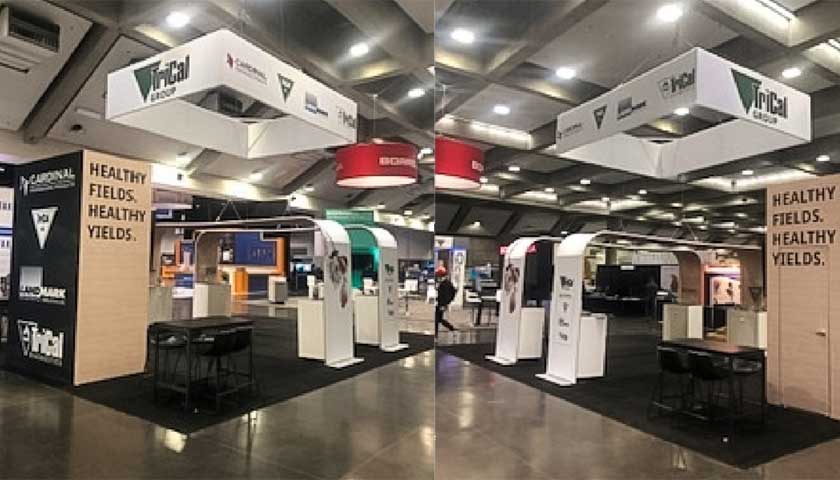
California Is Nuts
The Almond Board of California hosted the 51st Annual Almond Conference, sharing our knowledge and connecting others in the industry. The conference supported the Almond Industry in field trial research that TriCal Group does through our companies (TriCal Diagnostics, TriCal Inc., Landmark Irrigation, and Cardinal Professional Products).
Agronomy in Action - Peanut Soil Fumigation Trial Part II
Triest Ag's agronomist, Josh Mays, was back out in the peanut field in Marion, SC recently doing some of the final evaluations on TriEst's soil fumigation trial. The peanuts were freshly turned and drying for harvest.
Agronomy in Action - Peanut Soil Fumigation Trial
Our agronomist, Josh Mays, was out recently in a peanut field in Marion, SC comparing the difference in uniformity of emergence and uniformity of growth in a soil fumigation trial that TriEst Ag Group is doing.
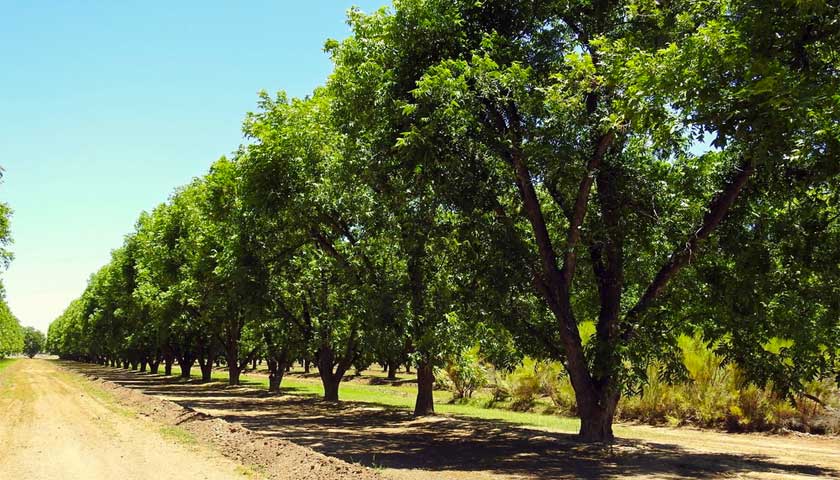
Opportunities in Pecans
The TriCal Group recently hosted a meeting and had Samantha McLeod, Executive Director of the Georgia Pecan Growers Association and Editor of Pecan Grower Magazine speak to us and share information about the U.S. and Georgia pecan market. We’d like to thank Samantha again for her time and for sharing with us.
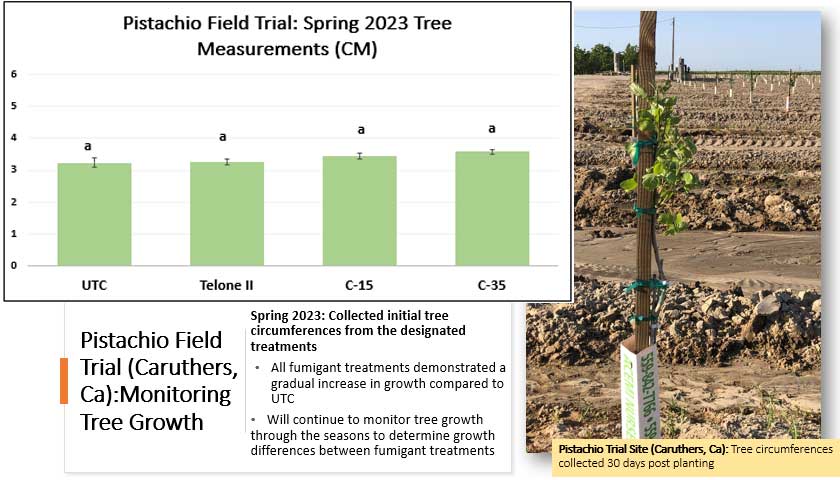
Pistachio Field Trials: Decreased Nematode Densities
We established 2 multi-year field trials in Fresno County California, one trial taking place in Firebaugh, and the other in Caruthers, both led by TriCal PCA-Victor Rodriguez to examine the benefits of TELONE™ and Chloropicrin providing early rootstock establishment..
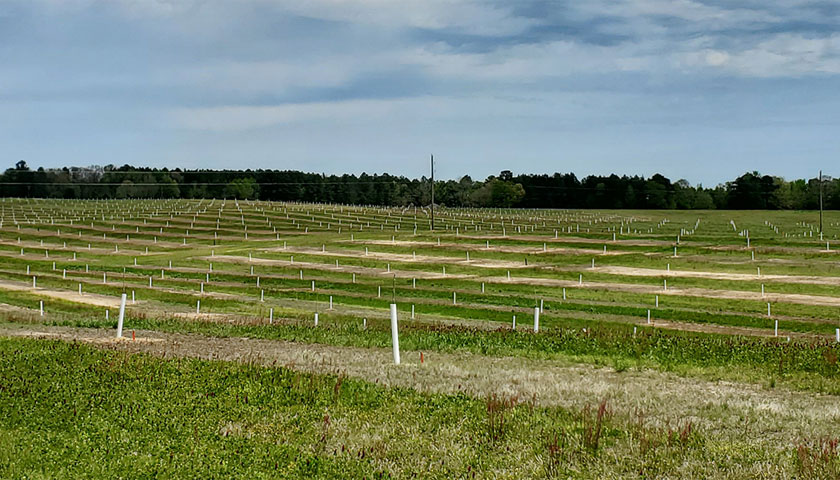
The Importance of Irrigation in Pecan Production
Pecan trees have high water requirements, as much as 350 gallons per tree per day for mature trees. They have been shown to take most of the water they require from the upper 32 inches of the soil profile for normal seasonal growth. The deeper the trees have to reach for water the more energy they use.
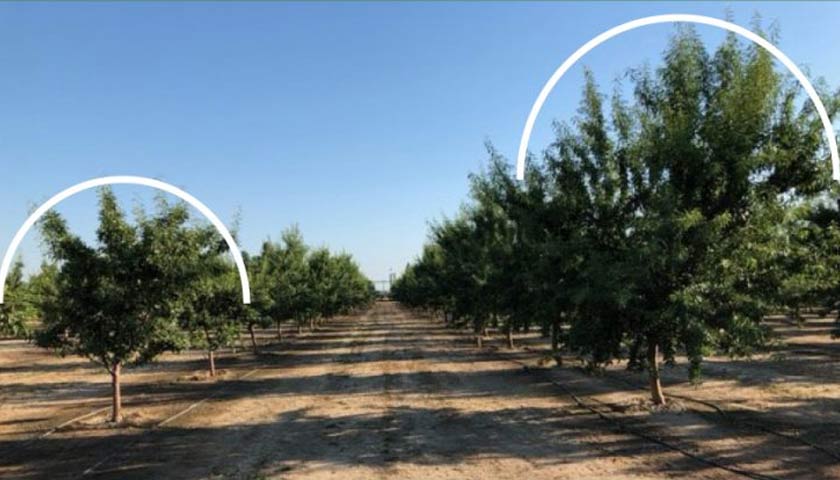
Trical Almond Replant Research: The Importance of Fumigation for Growers
In California, nematodes can significantly impact crop production. They cause considerable damage to plant roots, disrupting the uptake of water and nutrients, resulting in reduced crop yield. For pre-treatment control soil fumigation is a vital management tool for growers.

